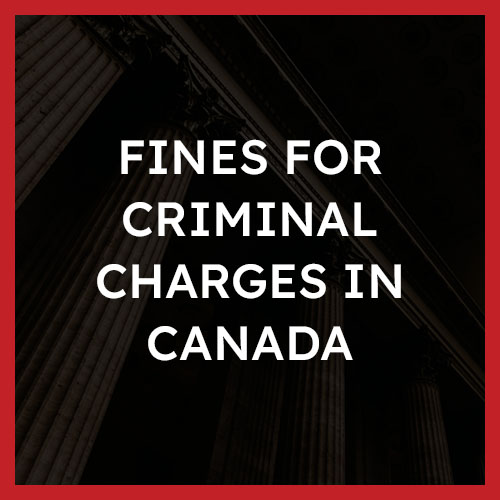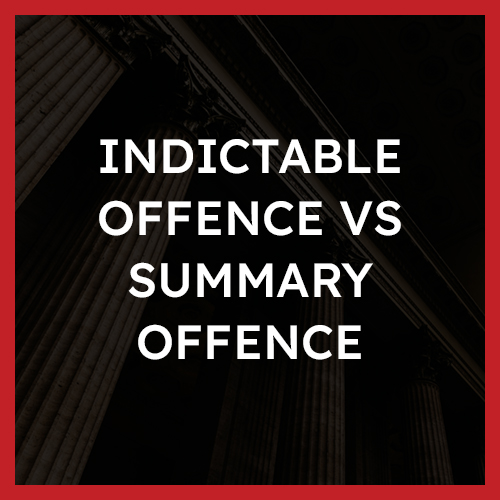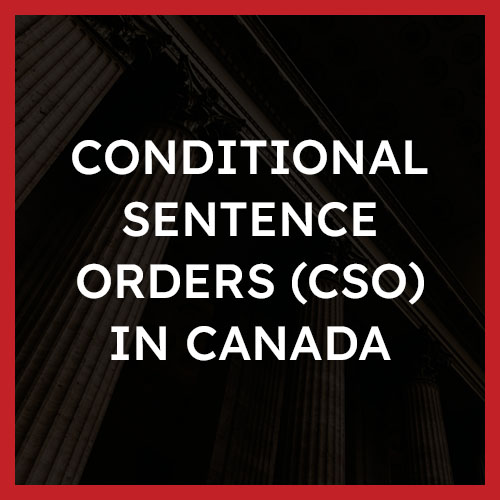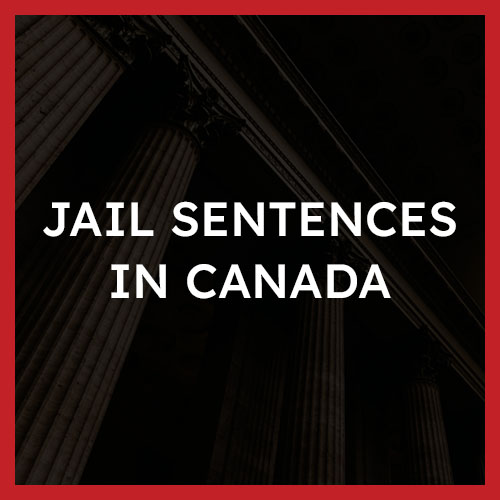Fines for Criminal Charges in Canada
What is a Fine?

One possible penalty you may receive is the requirement to pay the government a specified amount of money (a fine).
This may be the sole penalty you receive, or it may be imposed in addition to another penalty, such as a term of imprisonment.
When are Fines Considered for Punishment?
A fine is imposed for offences of a relatively minor nature, and where there is no prior criminal record, or a very minor one.
The courts power to impose a fine, whether alone or in combination with another penalty, comes from section 734(1) of the Criminal Code of Canada (the “Code”):
Power of court to impose fine
734 (1) Subject to subsection (2), a court that convicts a person, other than an organization, of an offence may fine the offender by making an order under section 734.1
(a) if the punishment for the offence does not include a minimum term of imprisonment, in addition to or in lieu of any other sanction that the court is authorized to impose; or
(b) if the punishment for the offence includes a minimum term of imprisonment, in addition to any other sanction that the court is required or authorized to impose.
Ultimately, the judge has the final say when imposing a fine and deciding the amount.
Judges will take many factors into consideration including your personal circumstances, the circumstances of the offence and the sentencing principles outlined in section 718 of the Code.
How Much Will My Fine Be?
The maximum fine you can expect for a summary conviction offence under the Code is $5,000. This is set out in section 787(1) of the Code:
787 (1) Unless otherwise provided by law, every person who is convicted of an offence punishable on summary conviction is liable to a fine of not more than $5,000 or to a term of imprisonment of not more than two years less a day, or to both.
Although $5,000 is the maximum allowed by law, in practice, fines typically range from $150 for very minor violations to $2,000 for the most severe offences that are still eligible for a fine.
A 30% victim fine surcharge is applied to fines imposed by the judge unless you can convince the judge it would be an excessive financial hardship. This money goes towards offsetting the costs of funding victims’ programs and services.
The victim surcharge is set out at 737(1) of the Code:
Victim surcharge
737(1) An offender who is convicted, or discharged under section 730, of an offence under this Act, the Controlled Drugs and Substances Act or the Cannabis Act shall pay a victim surcharge for each offence, in addition to any other punishment imposed on the offender.
Amount of surcharge
(2) Subject to subsections (2.1) and (3), the amount of the victim surcharge in respect of an offence is
(a)30% of any fine that is imposed on the offender for the offence; or
(b)if no fine is imposed on the offender for the offence,
(i)$100 in the case of an offence punishable by summary conviction, and
(ii) $200 in the case of an offence punishable by indictment.
You can expect that the judge will give you a reasonable amount of time to pay the fine, typically between one month to one year, depending on the circumstances.
It is important that you speak to your lawyer about your financial situation in advance, so they are able to advocate an appropriate timeline in order for you to save up the necessary funds.
Should you fail to pay a fine you will be subject to arrest and must serve a jail sentence proportional to the amount of the fine still outstanding at the time of arrest. You will be told how much time that is when you are sentenced.
In some provinces, you will also be told that you can work off the fine through a “Fine Options Program.”
For location-specific information on fines, please select the location nearest you and select “Court Process” from the drop-down menu. Next, select “Fine” from the “Sentence” category.
What’s Next?
Our criminal defence lawyers are skilled at ensuring you are not saddled with the most severe consequences of a criminal conviction.
Contact us today so we can begin canvassing a range of options to find the best solution for your circumstances.
About The Author







